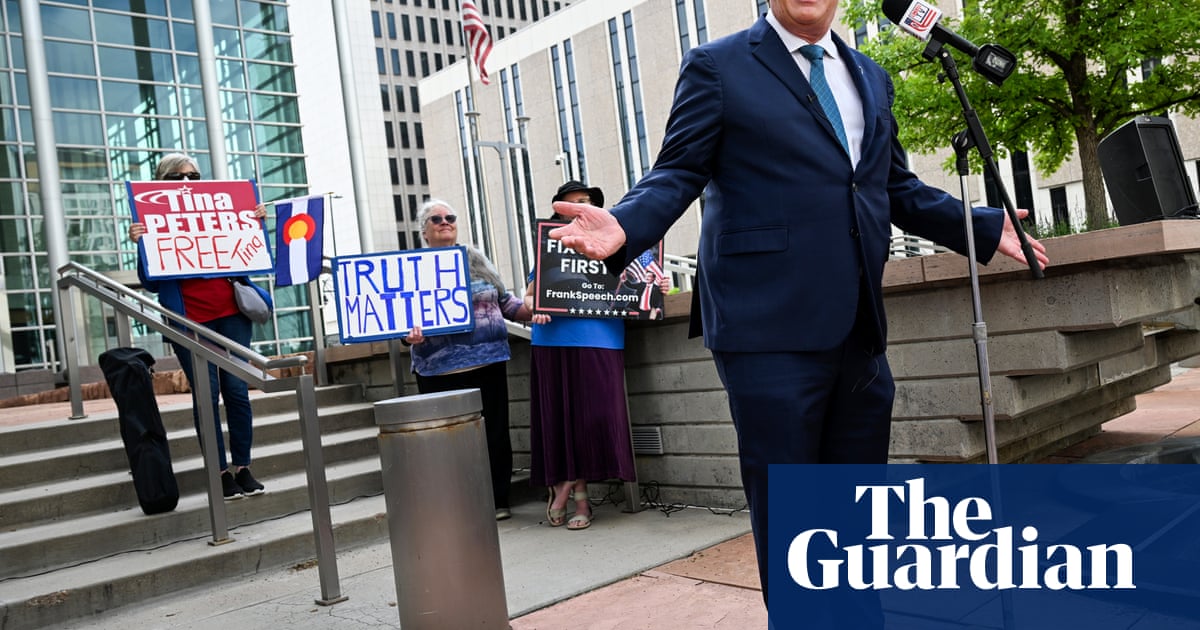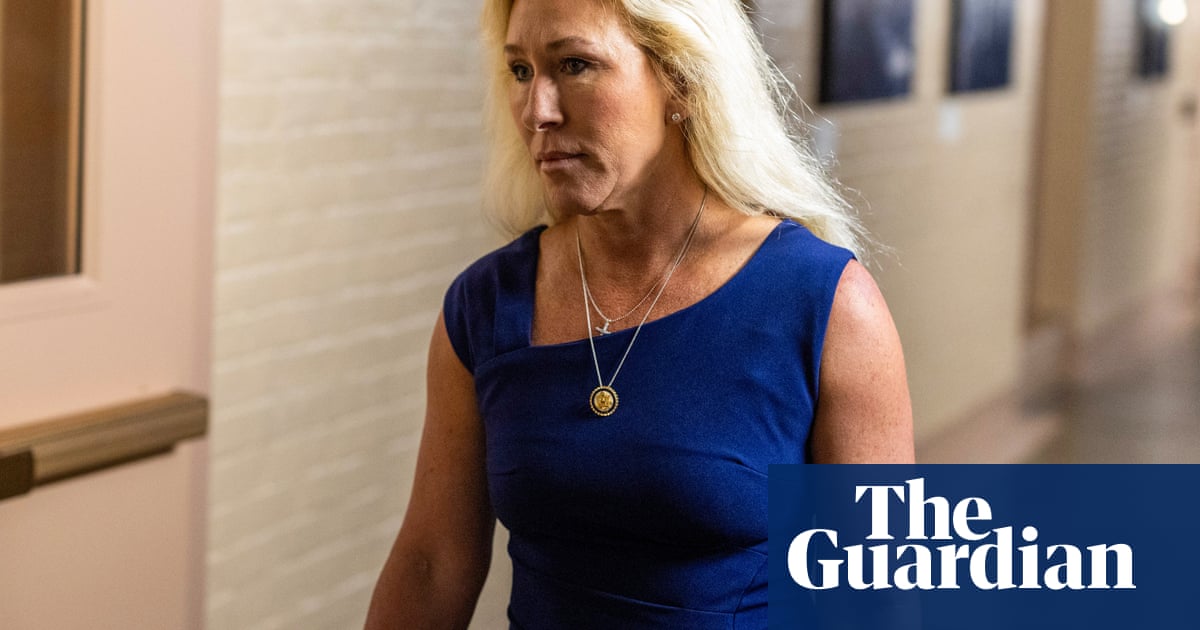Millions of acres of Alaska wilderness will lose federal protections and be exposed to drilling and mining in the Trump administration’s latest move to prioritize energy production over the shielding of the US’s open spaces.
Doug Burgum, the interior secretary, said on Monday that the government would reverse an order issued by Joe Biden in December that banned drilling in the remote 23m-acre National Petroleum Reserve-Alaska (NPR-A), the New York Times reported.
The former president’s executive order was part of a package of protections for large areas of Alaska, some elements of which the state was challenging in court when he left office in January.
Burgum was speaking in Alaska on Monday accompanied by Environmental Protection Agency administrator Lee Zeldin, and energy secretary Chris Wright.
He said the Biden administration had prioritized “obstruction over production” and Biden’s order was “undermining our ability to harness domestic resources at a time when American energy independence has never been more critical”.
In a post to Twitter/X, Wright said oil production was the “engine of economic growth” in Alaska, funding more than 90% of the state’s general revenue. “Unleashing American energy goes hand in hand with unleashing American prosperity,” he wrote.
Donald Trump declared a “national energy emergency” on the first day of his second term of office in January, promising an avalanche of executive orders friendly to the fossil fuel industry and supporting his campaign message of “drill, baby drill”.
Environmental groups had long feared Alaska would be the US president’s number one target given the state’s abundance of untapped oil and gas reserves, and immediately criticized the move to open up drilling in an area crucial to the survival of imperiled Arctic species.
“The Trump administration’s move to roll back protections in the most ecologically important areas of the Western Arctic threatens wildlife, local communities, and our climate, all to appease extractive industries,” Kristen Miller, executive director of the Alaska Wilderness League, said in a statement.
“This is another outrageous attempt to sell off public lands to oil industry billionaires at the expense of one of the wildest places left in America.
“These lands are home to caribou, migratory birds, and vital subsistence resources that Indigenous communities have relied on for generations. The public fought hard for these protections, and we won’t stay silent while they’re dismantled.”
The NPR-A lies about 600 miles north of Anchorage, and is bordered by the Chukchi Sea to the west and Beaufort Sea to the north. It is the largest single area of public land in the US, the Times reported.
It was created at the beginning of the 20th century as an emergency fuel reserve for the military, and expanded to full commercial development in 1976 by an act of Congress. Lawmakers, however, ordered that land conservation measures and wildlife protections should be given prominence.
Trump’s efforts to turbocharge drilling in Alaska, however, have not been as popular as he would have liked. Despite a promise to “open up” the 19m-acre Arctic national wildlife refuge, a proposed auction of leases in January, authorized by the previous Congress but a crucial plank of the incoming president’s energy strategy, did not attract any bidders.
“There are some places too special and sacred to exploit with oil and gas drilling,” Laura Daniel-Davis, the acting deputy secretary of the interior department, told the Times.

 German (DE)
German (DE)  English (US)
English (US)  Spanish (ES)
Spanish (ES)  French (FR)
French (FR)  Hindi (IN)
Hindi (IN)  Italian (IT)
Italian (IT)  Russian (RU)
Russian (RU)  1 day ago
1 day ago
























Comments